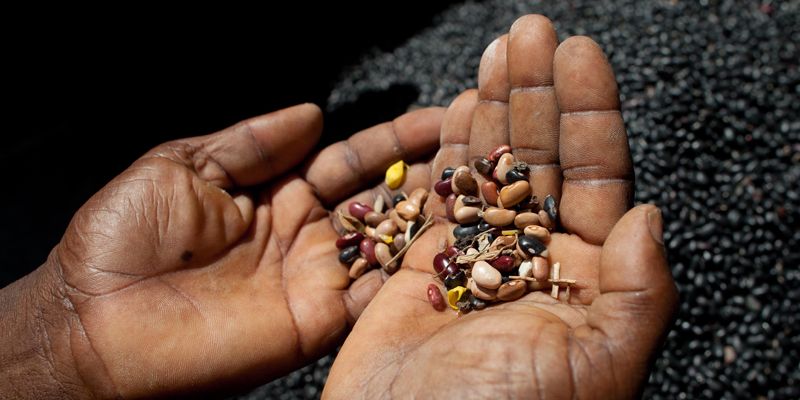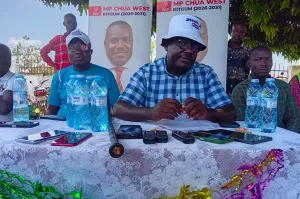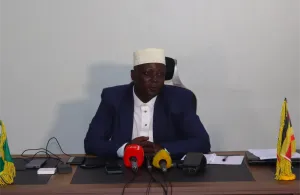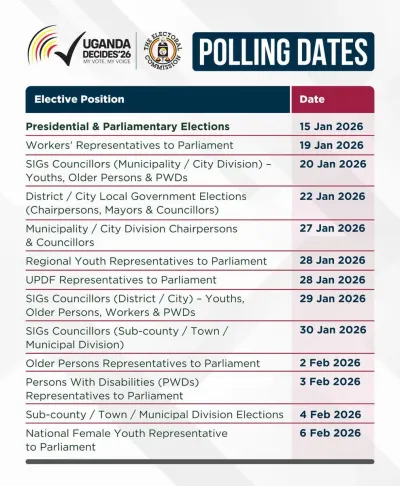

The power of healthy seeds in sustainable agriculture and food systems.
The rain season is here and as expected, many farmers are busy planting with the that the rains will stay long enough to grow a decent crop.
However, agricultural surveys have shown that the seeds most farmers buy are fake and do not germinate.
This calls for caution and vigilance among farmers especially when buying seeds, lest they buy fake ones.
The agricultural sector employs 73% of Uganda’s adult population, let alone providing food for the country’s growing population of 35 million.
Despite the importance of the sector, agricultural production and expansion of the sector remains far behind the growth in other sectors. More worrying perhaps is that the sector has grown slower at less than 3% in recent years compared to population growth, endangering food security in a country that is endowed with enormous natural resources.
Considering this, it is critical that farmers are educated on the choice of seeds they buy for planting or else they get duped by unscrupulous dealers in the market.
With Uganda’s population expected to double in the next 20 years, there is an urgent need by all stakeholders to consider putting in place policies and plans to promote increased food production.
And to feed this rapidly growing population, yields need to increase significantly through sustainable intensification. This calls for adoption of high-yielding seeds, use of fertilisers, proper planning and reduction in post-harvest losses.
Sadly, efforts by many progressive farmers with a desire to boost their production by use of modern high-yielding seeds has been frustrated by the problem of counterfeit seeds.
A number of factors have contributed towards farmers vulnerability.
One of the reasons is that often times, farmers fail or simply do not bother to read labels on containers bearing the seeds. This has seen many farmers buy fake or expired seeds resulting into loss of money not just spent on seed purchase but also on labour, field preparation and herbicide use.
The other factor is that most seed companies are located in urban areas which gives fraudsters an incentive to open small seed outlets from where they sell fake or poor quality seeds in the rural areas.
PASIC as a project advocates more for policies that will ensure there a sustainable intensification of crops in the country. It also makes research on which seeds farmers should plant so as to realize good harvest.
The curse of counterfeit seeds is made worse by poor agronomic practices, land fragmentation and increased pressure for agricultural land caused by population growth, particularly in the high-land.
In many areas of Uganda, the soils have been depleted of any reserves of plant nutrients. There is a huge need and potential to increase crop production through agricultural intensification. This will increase supply of food, reduce cost per unit product, improved incomes for farm households, and indirectly help urban consumers by keeping food prices affordable.
Moreover, such an ambition to intensify agricultural production is reflected in Uganda’s commitment to the targets stipulated in the Comprehensive Africa Agriculture Development Program (CAADP), which calls for 6 percent annual growth in agricultural production.
Leaders in various capacities should educate farmers about these unscrupulous sellers whose aim is to dupe farmers with fake seeds. And such store owners that sell fake seeds should also be informed that once farmers realize that they deal in fake seeds then they stand to lose out in the market.
The Ministry of Agriculture Animal Industry and Fisheries (MAAIF) and other relevant players in the sector such as seed companies need to step up the game by fighting this scourge because seeds are the most elementary inputs for any farming system as they ensure quality and quantity of produce as well as continuity of crop varieties.
Email: jodeke@gmail.com














Sunrise Admin
Leave a Comment
Your email address will not be published.